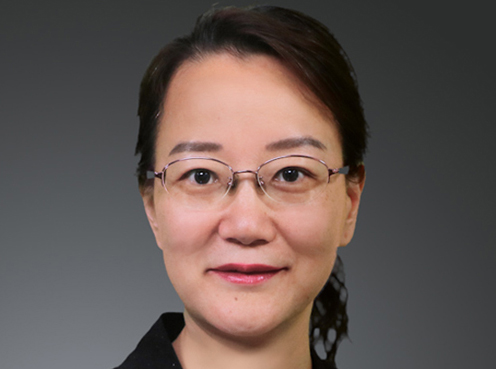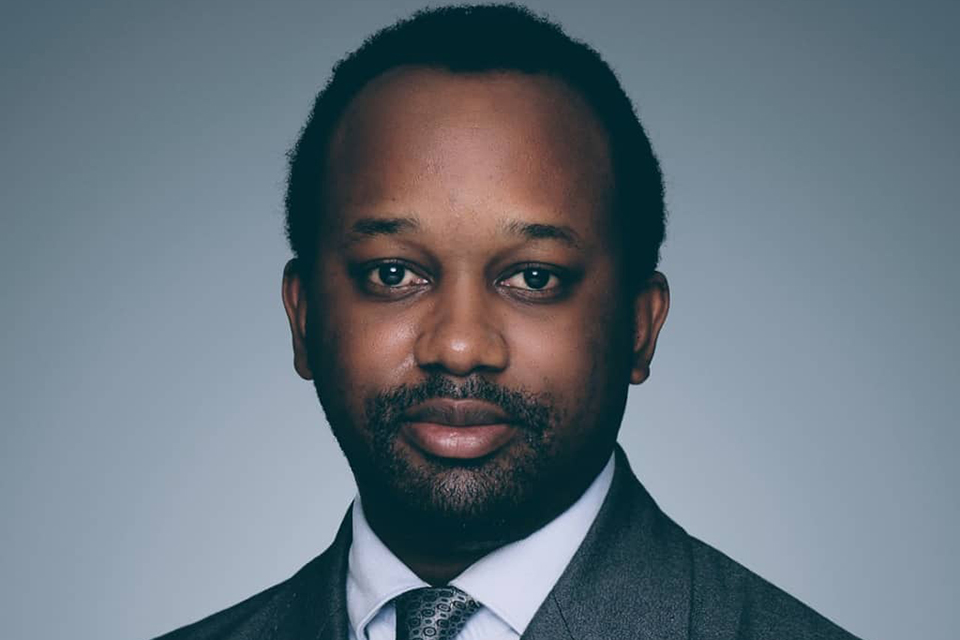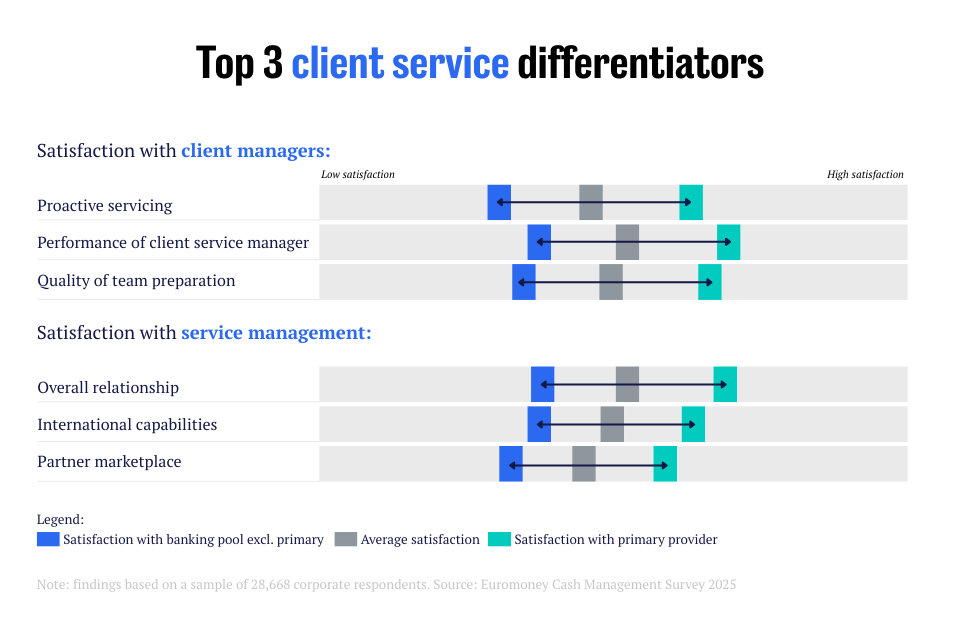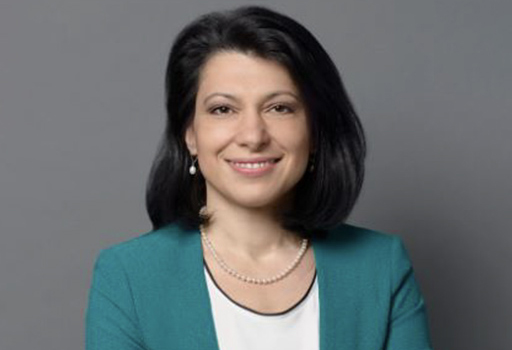The global financial crisis super-charged China. Its economy today is more than three times larger than it was in 2008. It is a key player in global events, boasts a powerful consumer class and is home to some of most exciting and innovative fintech firms around.
But despite being a giant in some ways, it is a pygmy in others. Efforts to impose itself on the world stage have been mixed. The renminbi has grown in stature in the past decade, but not as much as should have been expected. In Swift’s latest RMB Tracker, in January, the yuan remains the world’s fourth most-active currency for global payments by value, with a share of 3.2%.
That is up from sixth place and a 1.65% market share two years ago. But it is miles behind the euro (36.56%) and the dollar (39.92%). With capital controls still firmly in place, no one expects it to catch up with the big two any time soon.
It has also failed to make much of a dent in the US’s financial hegemony. The three pillars of the US financial system are the dollar, Swift (the main cross-border communications channel for banks), and the Clearing House Interbank Payments System (Chips).
Swift is based in Belgium, but has a data centre in Virginia. Chips is a private club comprising 43 financial institutions, which collectively settle $1.8 trillion in claims every day, using a pre-funded account at the Federal Reserve. All have US offices and are privy to US law, making it easy to catch and penalise offenders.
In 2015, a year after Russia annexed Crimea, leading to a first wave of US and EU sanctions, China set out to create its own version of Chips. The result was the Cross-Border Interbank Payment System (CIPS), run by the People’s Bank of China. It lets global banks clear cross-border yuan-denominated transactions directly onshore, rather than in clearing houses located in offshore yuan hubs such as Hong Kong.
So far, CIPS has opted not to go the extra step and create its own Swift-like messaging system, preferring to collaborate rather than compete with its far larger rival. Swift has been only too happy to help.
For most of its short life, CIPS went largely unnoticed. But in the wake of Russian hostility, and the wave of sanctions that followed, two key questions are now being asked.
First, can China use this moment to accelerate the adoption of its homegrown system beyond its borders? And second, now that many – though not all – of Russia’s banks are excluded from Swift, will Beijing allow them to use CIPS as a workaround?
This is not easy to answer. On the one hand, CIPS is the “logical partner of choice right now for Russia”, says Zennon Kapron, the Singapore-based founder of financial technology consultancy Kapronasia.
China would like to broaden the use of CIPS, but that depends on a lot of things
May Yan, UBS

Russia has its own iteration of Swift, the System for Transfer of Financial Messages (SPFS), but it is tiny, with around 400 users from a handful of nations including Cuba and Belarus. Moscow would dearly love for CIPS and SPFS to join forces, but that would raise a new set of questions, says Kapron – notably who controls the joint organization and what settlement currency (or currencies) it would use.
If it were to work at all, Russia would have to take a junior role in operation and oversight, a prospect it may not find palatable.
Beijing wants to create an ersatz financial system that gives it what every commercial power wants: independence of thought and action in its own financial affairs.
But achieving that won’t be easy.
“China would like to broaden the use of CIPS, but that depends on a lot of things, such as if other counterparties are willing to use it,” says May Yan, head of greater China financials equity research at UBS.
Challenges
Perhaps the key challenge in making it more widely adopted is what it represents. Swift connects about 11,000 financial institutions in 200 countries. It was invented in 1973, notes Nicholas Omondi, a director at Shanghai-based financial consultancy Z-Ben Advisors, “because we needed a way to glue international financial markets together”.
By contrast, CIPS exists for the sole reason of expanding the power and extending the reach of a single nation’s currency.
“Its point is to internationalize the RMB,” adds Omondi. “Swift is private sector-run and very utilitarian. CIPS is very policy-driven.”
Its point is to internationalize the RMB. Swift is private sector-run and very utilitarian. CIPS is very policy-driven
Nicholas Omondi, Z-Ben Advisors

So, simply put, merely participating in CIPS means helping China to build its own financial and monetary structure distinct – but not necessarily severed – from the US-led system that has dominated global finance and trade since 1945.
That makes it a geopolitical project. It does not mean foreign institutions won’t take part – HSBC, Standard Chartered and Bank of East Asia, all with highly geared China franchises, are shareholders. On February 14, Standard Chartered (Hong Kong) was named the first foreign bank to qualify as a direct participant in CIPS outside the mainland.
But it does make it a tougher sell, not just to Western countries and lenders, but also in parts of the world wary of China’s growing power.
“To make CIPS much larger, you’d need to get a lot of countries to agree to whatever China wants, and that is going to involve some very heavy lifting,” says Kapron.
The final challenge is size. Much as the dollar towers over the yuan on the world stage, so CIPS is a minnow compared with Chips and Swift.
Experts say that few in Beijing believe it is close to competing with the US on either front, let alone supplanting it as the global hegemon. Guotai Junan Securities analyst Dong Qi calls Swift’s dominance “unshakeable”.
True, the reach of CIPS is growing. As at the end of January, 1,280 financial institutions in 103 countries were connected to the system, its data shows. But most are indirect participants: it boasts just 76 directly participating banks, mostly foreign subsidiaries or branches of Chinese lenders.
Right now, it is hard to predict what the future holds as so much is in flux.
Count on Moscow being sucked into Beijing’s orbit, even as it continues to be expelled from the West’s. Financial links between the two are growing: Chinese banks in Moscow have reportedly been inundated by requests from Russian firms, desperate to open accounts as Western sanctions bite.
Other than that, all bets are off. UBS’s Yan reckons that one of the legacies of Russian sanctions will be the emergence of a more multi-polar and multilateral payments system.
“Not just China but other countries will be [keen to] create a more diversified clearing and settlement system that makes wider use of a third currency that isn’t the euro or the US dollar,” she says.
India is another country actively exploring the creation of its own version of Swift.
What of the future of CIPS?
It will “certainly get bigger”, says Z-Ben’s Omondi. But, he warns, the threat of China using its own closely controlled global payments system as a weapon against those with whom it disagrees – nations, individuals, banks, corporates – in much the same way the US does now, will always be a stumbling block to growth.
“It’s certainly a concern,” he says, “just as there are concerns [in the non-Western world) of Swift being used as a weapon.”





